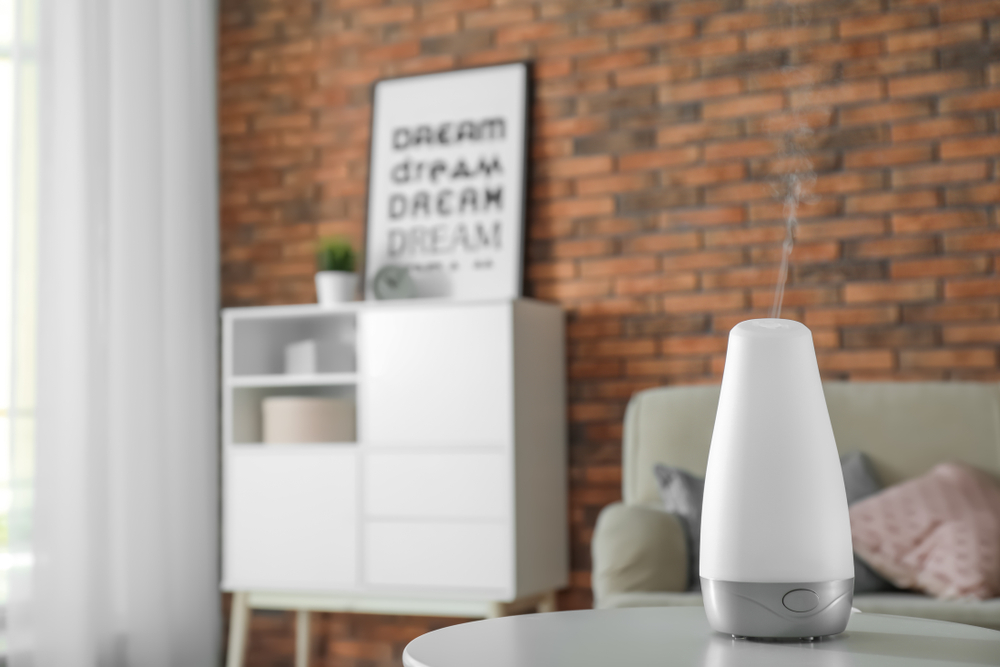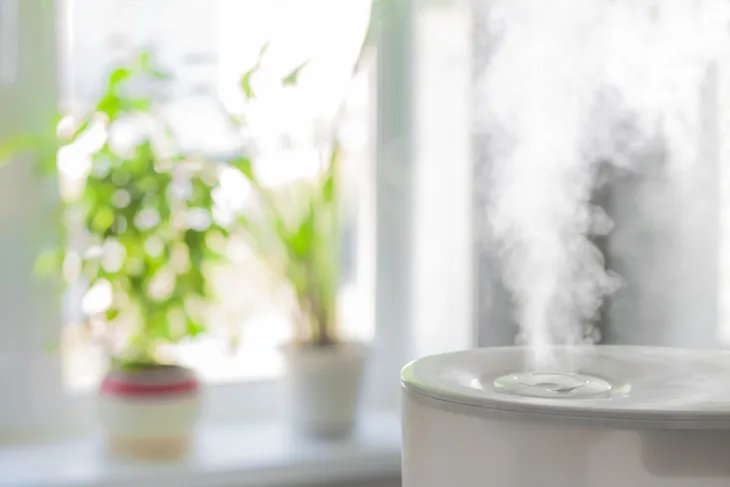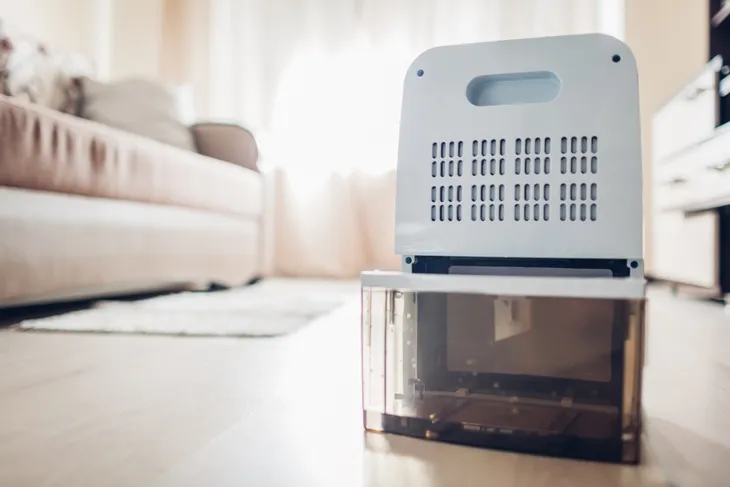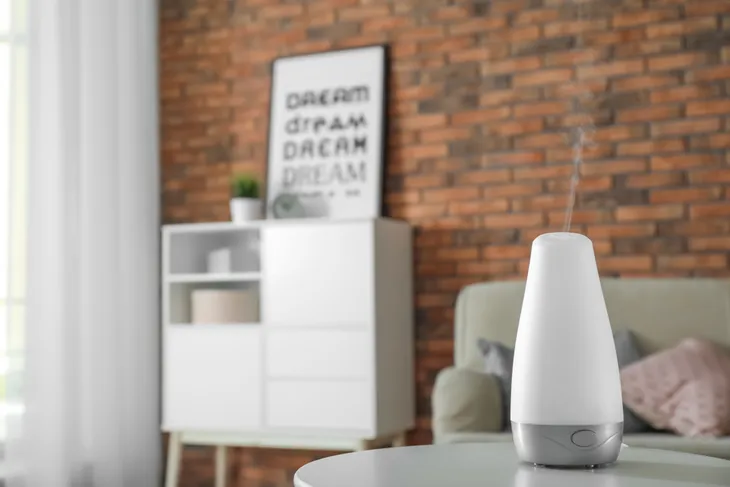Roughly 35 million Americans sniff and suffer with sinus-related issues each year.
But regardless of the reason for your sinus woes—including dry nose, swollen nasal membranes, allergies, chronic sinusitis, and seasonal hay fever—these eight tips will help you breathe a little easier…
1. Use a Humidifier
If your home is too dry your nasal passages will be prone to dry out and become irritated, leaving you with hard, bloody mucus and traces of blood every time you blow your nose. Try plugging in a humidifier or vaporizer in your bedroom, starting in the dry fall months and through winter, to moisten your sinuses.
2. Prevent Mold Growth
The reverse side of that coin is an indoor environment with excessive humidify, which is the ideal breeding ground for both dust mites and mold allergens. If you’re sensitive to mold take a break from your humidifier and if you do use one, make sure it’s cleaned regularly to prevent bacteria from breeding and infusing the air you breathe.
3. Don’t Smoke Inside
The strong, chemical fumes from second hand smoke will definitely irritate your nasal passages and leave you with dry sinuses and red, dry eyes—even if you are the smoker. Do everyone in your household a favor and smoke outside, or if possible, consider quitting.
4. Keep the Temperature Cool
If you crank your thermostat in the winter months, you’ll eventually dry out your nasal membranes and cause sinus problems—like nosebleeds and dry congestion. Instead, keep the temperature in your home cooler, and in turn moisture, by keeping it comfortable, but cool. Just throw on an extra layer if you’re chilly.
5. Banish Pet Dander
Allergies to pet dander can live in the air, your carpets, couch cushions, and bedding, just further irritating your sinuses. If you or someone in your house is sensitive to pet dander, give your home a good cleaning in winter—that includes having carpets and ducts cleaned, as well as bathing your dog or cat weekly to cut down on dander.
6. Hydrate Your Sinuses
If the air in your home is still dry, try finding sinus relief with a saline mist sprays. These work similarly to humidifiers by lubricating and moisturizing the inside of your nose and nasal passages in dry environments. You can also use a Neti pot and make a simple saltwater solution (using lukewarm water and a teaspoon of salt) at home.
7. Use Aromatherapy and Steam
Inhaling an aromatherapy treatment of fresh herbs—such as mint, rosemary, eucalyptus, and aloe—will soothe sinus congestion by cooling sensation and lubricating the nasal passages. The steam will also clear congested airways and promote free airflow in the nasal passage.
8. Shun Chemical Cleaners
Cleaning products—such as surface cleaners and sanitizers, window cleaner, and deodorizers omit strong fumes that linger in the air for hours after use and irritate the sinuses. If you notice a susceptibility to household cleaners, opt for non-chemical varieties by making your own or purchasing natural cleaners.











